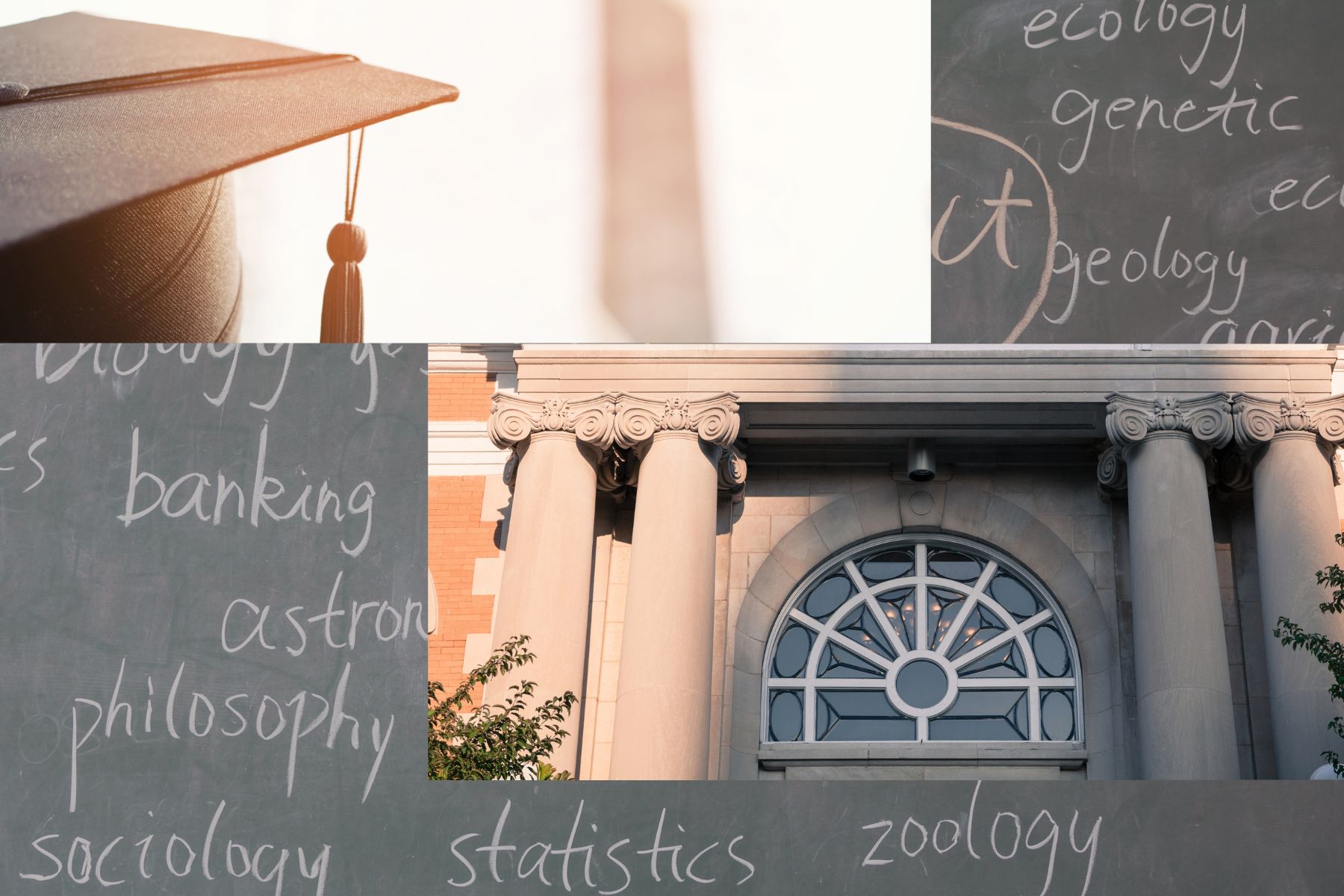From an early age, I was aware that my family had immigrated from Mexico in pursuit of better opportunities. My mother, along with her immediate family made the journey from Mexico to California. They arrived with no English proficiency, and this language barrier further exacerbated the culture shock of being uprooted from everything they had known. My mother’s greatest gift to me was my Mexican American identity, a priceless legacy born on American soil.
Growing up in Austin, Texas, I witnessed my mother tirelessly working backbreaking jobs to make ends meet. I attended schools that provided free or reduced-cost lunch to much of the student population. In my neighborhood, none of my classmates pursued higher education. My single mother instilled in me the belief that upward mobility could only be achieved through higher education. Despite having less than a high school diploma she navigated the workforce with determination and resilience.
Through Pell Grants and scholarships designed for first-generation students, I was able to attend Texas A&M University. The profound impact of Pell Grants, which support with exceptional financial need, remains an integral part of my academic journey.
Now, as a Master of Public Policy student at Duke University, I have noticed an absence at Duke of individuals like me – first-generation and low-income students. This underrepresentation highlights the crucial need to address disparities within elite, prestigious and highly exclusive institutions.
The American education system promises to serve as an equalizer, providing opportunities for all. However, the overturning of affirmative action by the U.S. Supreme Court in 2023 threatens this fundamental principle. This decision reverses colleges and universities’ ability to use race as a factor in admissions. The dismantling of affirmative action will create significant drops in enrollment from Black, Hispanic, and Indigenous people, like myself. The elimination of affirmative action will exacerbate existing achievement gaps and put marginalized groups at a disadvantage.
These policies allowed colleges to see factors other than grades and tests, in admissions practices that often overlook unique experiences and challenges faced by low-income and first-generation students. Many students from disadvantaged backgrounds work part-time jobs to support their families. This burden diminishes their ability to focus on academics and extracurricular activities. First-generation and low-income students lack the funding and knowledge necessary to navigate the complexities of college applications and gain admission to elite universities. Eliminating affirmative action will compound these challenges.
In 2013, only 34% of high-achieving high school seniors at the bottom of U.S. income distribution attended elite universities. Without affirmative action, this statistic is likely to decline. Elite universities serve as gateways to social mobility for low-income students. Students who attend elite colleges earn 25% more in a lifetime than those who attend less selective colleges. Only 6% of students enrolled in elite universities are classified as low-income. A study conducted by The New York Times found that Duke enrolled only 12% of Pell Grant recipients.
Instead of race, elite universities should consider social class as a factor in admissions decisions. Research suggests that using class as a factor could increase underrepresented minorities from 28% to 30%. For first-generation students, class-based admission could increase representation from 7% to 25%. At elite universities, the significant gap between low and high-income students is stark: at Harvard, for example, there are, 23 times more high-income students enrolled than their low-income counterparts.
The overturning of affirmative action policies represents a significant setback for Americans, particularly the most disadvantaged members of society. A class-based admission policy would encompass students’ multifaceted identities and experiences, fostering diverse student bodies. By ensuring that higher education remains within reach for all, we can create a more just and equitable society.


